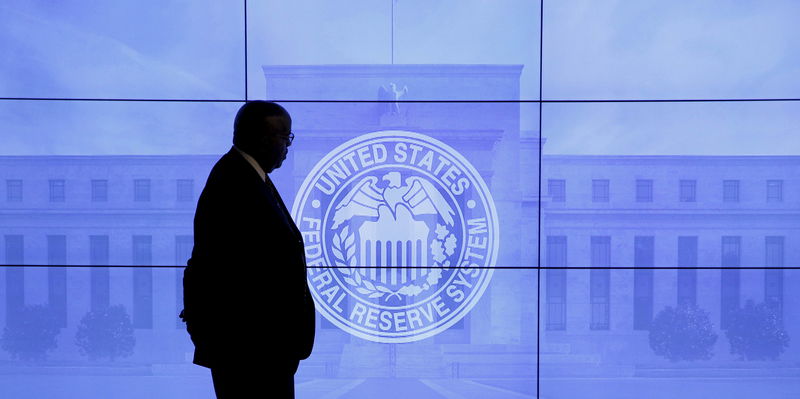Investing.com - European markets are up on Thursday - {Ibex 35, CAC 40, DAX... - awaiting the data of the week: the US CPI for the month of July, which is expected to rise by 3.3%, up from 3.0% previously. The {underlying rate is estimated at 4.8%.
"These data could be decisive for the interest rate actions of the Federal Open Market Committee (FOMC) members at their {September meeting. We believe that the Fed is at a crossroads, where inflation is moderating somewhat, but remains too high to consider starting the process of lowering interest rates," Link Securities explains.
"The result is important because of the expectations it will provide about the Fed's next moves. If it confirms the tapering trend, the Fed could relax its tapering target. It is also key ahead of the Jackson Hole central bankers meeting (24-26 August)," they add at Bankinter (BME:BKT).
"Overall, we expect a cautious market until the US CPI, which, if stronger than expected, especially in the core, could anticipate Fed action in September. This could lead to a rebound in T-Note IRR and a correction in stock markets", these experts state.
"After 12 months of declines, headline inflation could start to rise. Although temporary in nature, driven by commodities and hard core comparisons, it may dent the 'goldilocks' narrative of ever lower inflation and interest rate cuts on the horizon. The best news should come from the more important core inflation, stable at 4.8%, with a clearer trend of easing housing and employment pressures. Inflation remains the most important number in today's markets and this mixed message is part of the recipe for a more volatile summer. But we see underlying price pressures easing, and any market weakness should be, and will be, bought," says Ben Laidler, global markets strategist at eToro.
"We expect oil prices to correct themselves, as a rise in prices would raise concerns about monetary policy tightening and a further slowdown in demand. Housing costs, which account for more than a third of core inflation, are experiencing a sharp decline in rent growth, and even the Federal Reserve believes they could turn negative in the future," adds Laidler.
